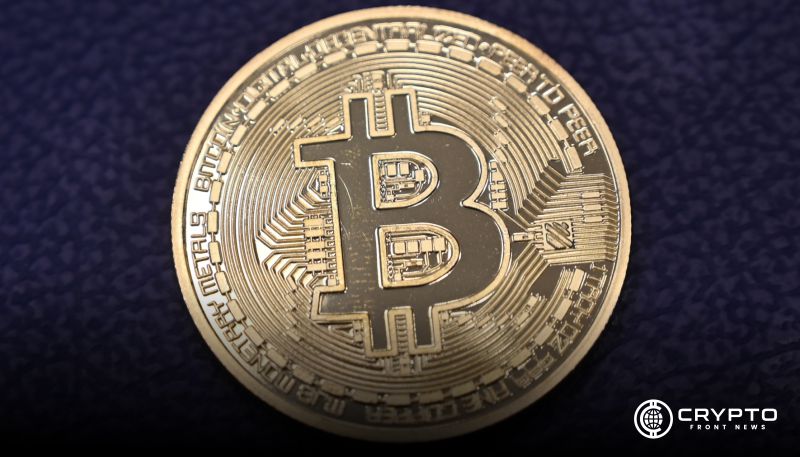- Texas aims to lead with SB 778, creating the first U.S. state-backed Bitcoin reserve to boost economic growth and resilience.
- The proposed Bitcoin reserve bill highlights secure storage, transparency, and a 1% cap on general revenue funding for responsible adoption.
- Growing state-level Bitcoin reserve proposals signal broader U.S. adoption, potentially driving global competition in digital assets.
Charles Schwertner, a senator from Texas, proposed Senate Bill 778 to establish a Strategic Bitcoin Reserve. This bill would make Texas the first state in the union to create such a reserve if it is approved. Senator Schwertner underlined how the adoption of Bitcoin could help the state promote economic expansion and guarantee financial stability.
The decentralized character, limited quantity, and inflation-hedging possibilities of Bitcoin are highlighted in the proposed measure. To allow the state to own Bitcoin as a financial asset, it seeks to establish a dedicated fund that is distinct from the general income fund. Additionally, it enables public Bitcoin donations.
Secure Storage and Audit Requirements
Security and transparency are at the forefront of SB 778. The bill mandates cold storage solutions and regular audits to ensure proper asset management. Additionally, funding for Bitcoin purchases is capped at 1% of Texas’ general revenue, ensuring responsible financial allocation.
Besides Schwertner’s Senate proposal, Texas Representative Giovanni Capriglione introduced a similar bill, HB 1598, in December. However, HB 1598 differs in its requirement for the comptroller to hold Bitcoin as a reserve asset for a minimum of five years.
Broader Implications for the U.S. and Beyond
Texas’ push for a Bitcoin reserve is not isolated. Other states, such as Oklahoma and Pennsylvania, are also considering Bitcoin-focused legislation. Oklahoma’s House Bill 1203 proposes using state pension funds for Bitcoin investments. Meanwhile, Pennsylvania lawmakers suggested allocating up to 10% of the state Treasury’s assets to Bitcoin.
North Dakota and New Hampshire joined the trend in January, introducing their versions of Bitcoin reserve bills. New Hampshire’s proposal includes broader terminology like “digital assets,” hinting at potential adoption beyond Bitcoin.
The increasing interest in state-level Bitcoin reserves shows its growing acceptance as a strategic asset. Besides fostering economic resilience, these moves may catalyze broader adoption nationwide. Consequently, the U.S. may soon face global competition in digital asset reserves, especially as other nations explore similar strategies.






